GEAB Summer 2024
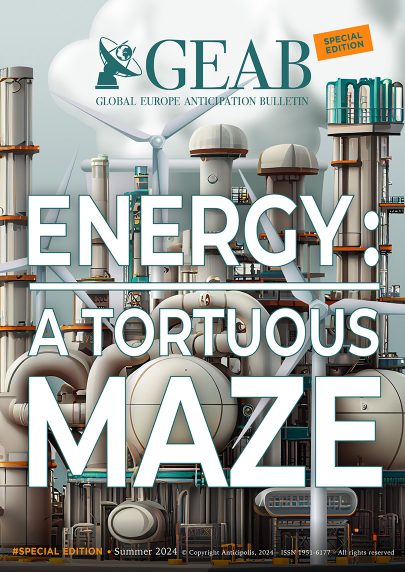
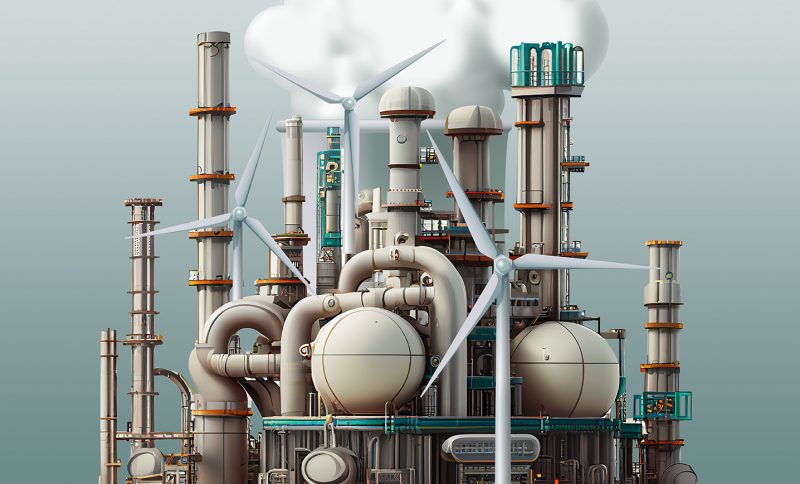
Since our bulletin’s launch in 2006 under the direction of Franck Biancheri, one of our key missions has been to anticipate what we theorised as the “global systemic crisis”, which became evident in 2008[1]. Since then, the GEAB has consistently sought to identify the next phases in the transformation of our globalised world. Our analysis now highlights several key drivers that reveal emerging structural trends : the increasingly notable decline in the United States’ global influence, coupled with the ongoing and still expanding phenomenon of multipolarisation; the growing awareness of climate change and its effects, particularly prominent since the 1990s; [2] and the depletion of non-renewable resources on a global scale. These factors collectively outline significant changes and challenges in the global landscape.
Over the past decade, the GEAB has closely examined these trends through regular articles focused on energy. This work has allowed us to produce a comprehensive issue that stands at a pivotal point, blending our earlier forecasts with the perspective of current developments. Just as the global systemic crisis marked the end of a chapter, energy serves as a crucial indicator, helping us to trace the cyclical patterns in our history. Energy issues are more than ever at a crossroads for European economies. The war in Ukraine has increased the EU’s energy dependence on the rest of the world, first and foremost China and the United States. Few ambitions can be achieved without controlling energy supplies. How can we achieve reindustrialisation? How can we achieve food sovereignty? How can we achieve an ecological transition, or even a digital transition, if we don’t have control over the energy flows that are essential to power the forces at work in all these areas?
Thanks to our anticipation method, it is possible to glimpse the future workings of the energy sector and, by extension, the future of our post-industrialised lives. Our findings are unequivocal, and in line with those of many experts in the sector. The end of a cycle is approaching, paving the way for a new energy structure. For oil, this new cycle up to 2030 includes a critical transition from peak oil to the Yuan at the expense of the dollar, and a renewal of consumption patterns. Finally, the central issue of this new cycle remains nuclear power. Will nuclear energy be the cornerstone of all the changes?
These trends have been noticeable for several years. However, the inertia of major players in the energy sector, who have long resisted change, has delayed necessary actions. Consequently, we appear to be navigating without direction, waiting for the inevitable impact. But how much longer can we delay this inevitable shock?
This is therefore a hybrid GEAB issue. It is made up of a selection of the most structuring anticipations published in the GEAB over the last ten years, enhanced by new research to take stock of the current state of the issues addressed. Reviewing our forecasts is crucial for maintaining the methodological rigour we are committed to. It also provides valuable insights for you, our dear readers. In this issue, let’s reflect on how inevitable this shock appears to those who don’t fully grasp the magnitude of the situation.
Additionally, we ran a survey on the future of energy sources, and some of the results are included in the appendix of this issue. In this respect, we wish to thank everyone who participated in the survey.
________________
[1] Franck Biancheri, 1961-2012, founded the GEAB in January 2006; the 2nd issue of 16/02/2006 opened with “March 20-26, 2006 – Release of a major world crisis”, anticipating both the subprime and the global systemic crises. Source: GEAB n°2, 16/02/2006
[2] The Intergovernmental Panel on Climate Change (IPCC) was set up in November 1988 to summarise the state of affairs on climate change and the role of human activity for the benefit of governments. Sources: IPCC and “Global warming: since when? The stages in becoming aware of this phenomenon”, Ouest-France, 24/12/2023.

A systemic crisis. Extracts from GEAB 90, 15/12/2014: Global systemic crisis 2015 - Oil, currencies, finance, societies, the Middle East: Massive storm in the Western port For many years, by [...]
Hydrocarbons will no longer be a resource of the future in the long term. New resources capable of replacing oil and new modes of consumption to ensure the distribution of [...]
The world of energy continues to reconfigure itself, with all the creaks and groaning notoriously associated with the quest for energy. Extracts from GEAB 141, 01/2020 : (...) A new [...]
In Europe, nuclear power, as a viable energy source for the future, divides opinion sharply in a political and societal battle over whether it should be maintained, developed or dismantled. [...]
In conclusion, we would like to share some of the comments left by our readers in the survey on the future energy sources, which you will find in the appendix [...]

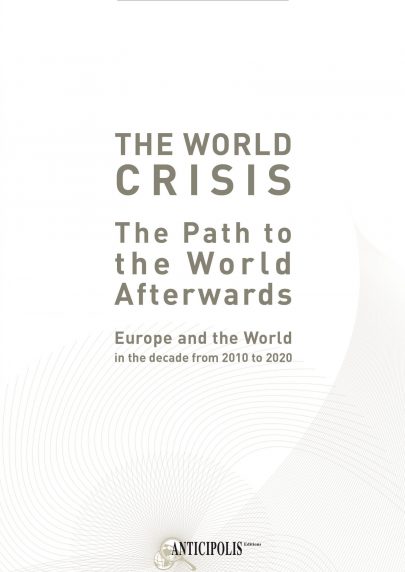
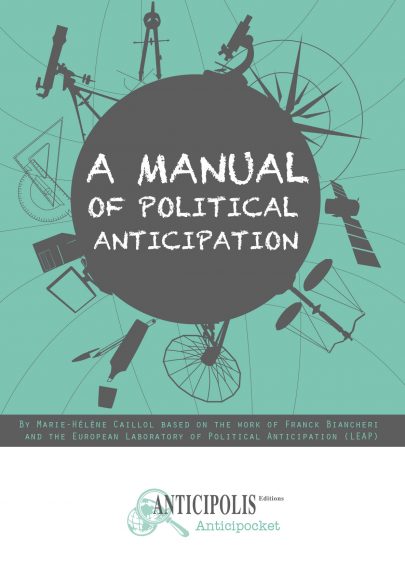
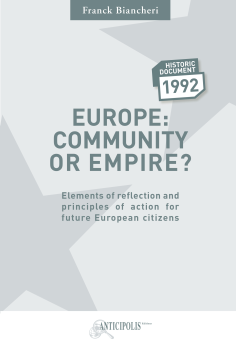
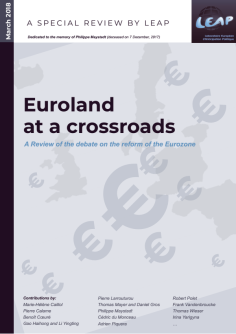
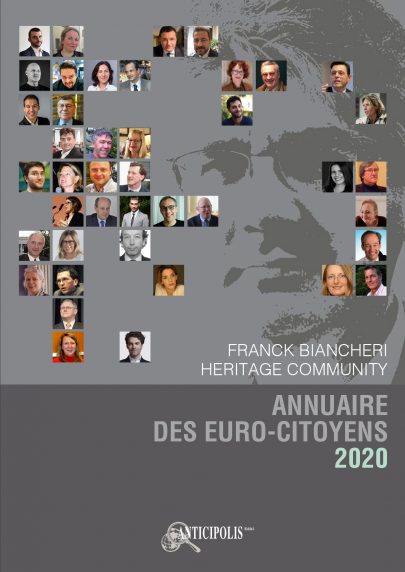
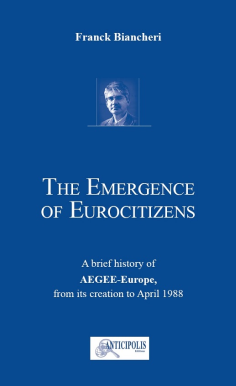
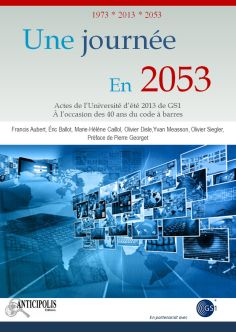
Comments